Indigenous Governance Database
natural resource management
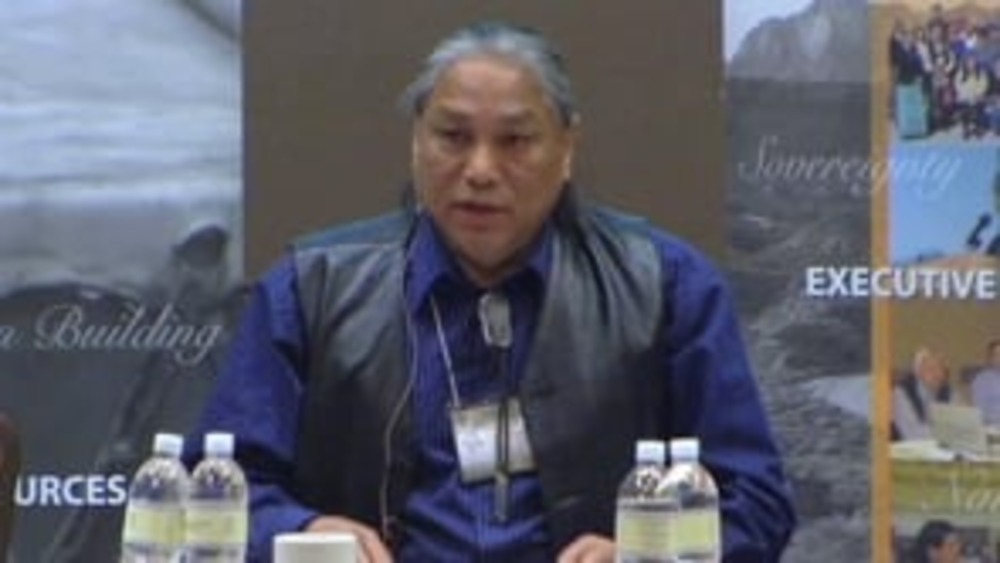
Denny Hurtado: Addressing Tough Governance Issues
Former Skokomish Tribal Nation Chairman Denny Hurtado discusses how he, his fellow leaders and his nation exercised its sovereignty in order to navigate past some tough governance challenges to fund their government, restore their land base, and protect their natural resources.
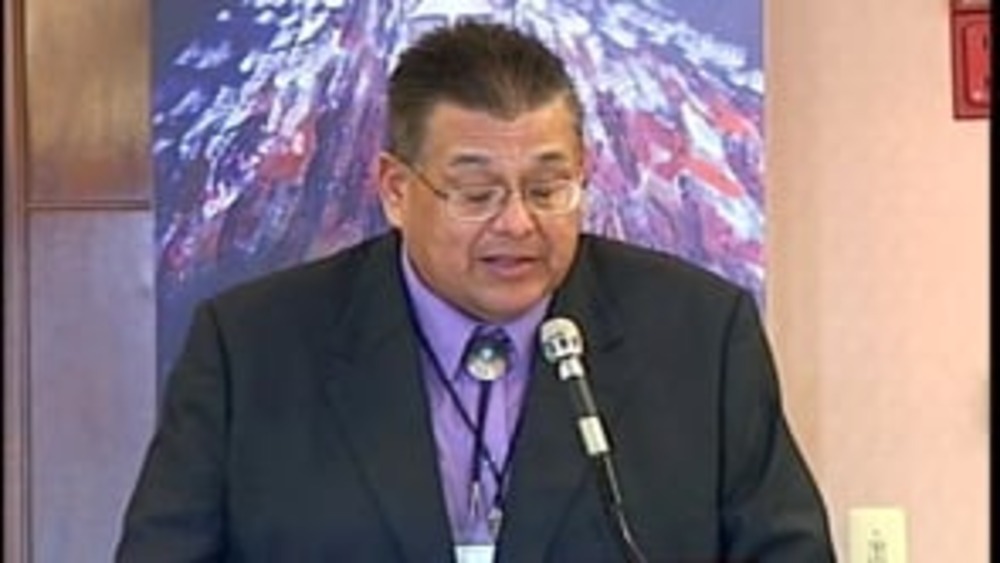
Honoring Nations: Allen Pemberton: The Red Lake Walleye Recovery Project
Red Lake Chippewa Natural Resources Director Allen Pemberton provides an overview of the Honoring Nations award-winning Red Lake Walleye Recovery Project, and illustrates how the program reflects the benefits of Native nations taking over control of their own affairs from the federal government.
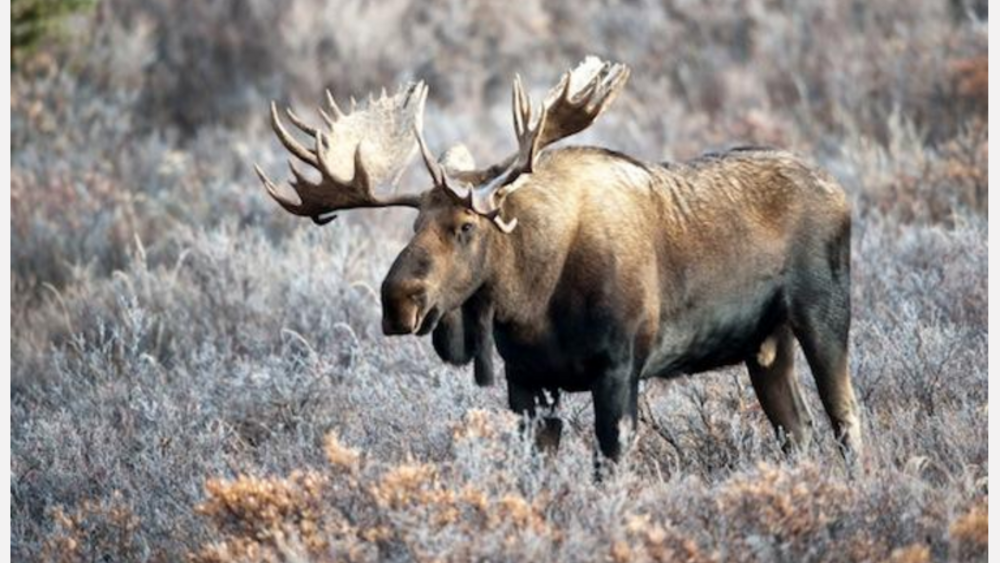
Minnesota Tribes Collaborate to Save State's Disappearing Moose Population
Tribal rights to natural resources in the Great Lakes states have been the subject of much attention. In 1999, the United States Supreme Court affirmed lower court rulings in favor of the Ojibwe of Minnesota and Wisconsin, which retained treaty rights in Minnesota’s 1837 Treaty ceded territory (…
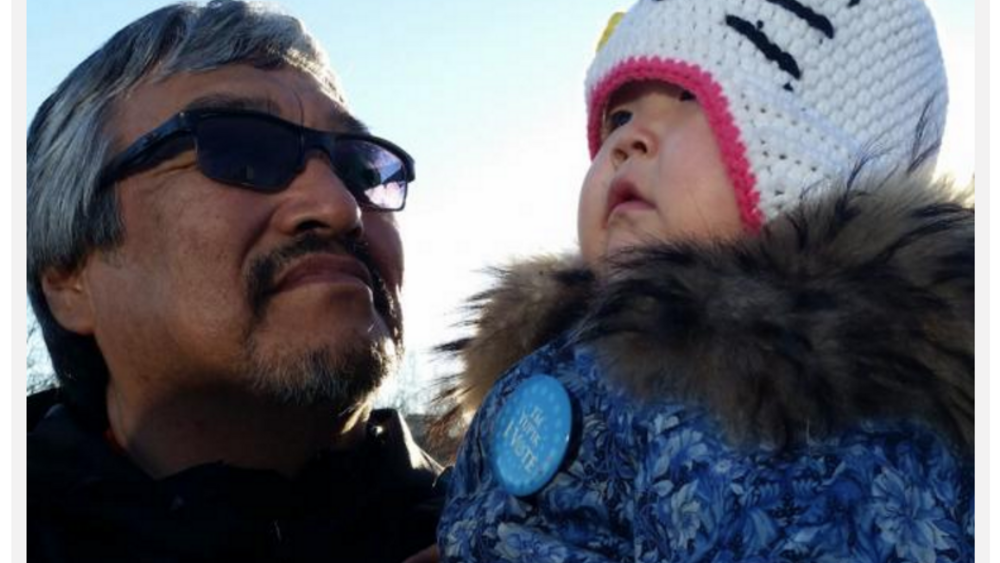
New Inter-Tribal Fish Commission Formed to Give Alaska Tribes a Say
Alaska reminds me of Washington state. Let me qualify that. Alaska reminds me of Washington state before the mid-1970s. Back then the region was deeply divided over treaty rights, salmon, and even the definition of what it meant to be an American Indian in modern times. The official state…
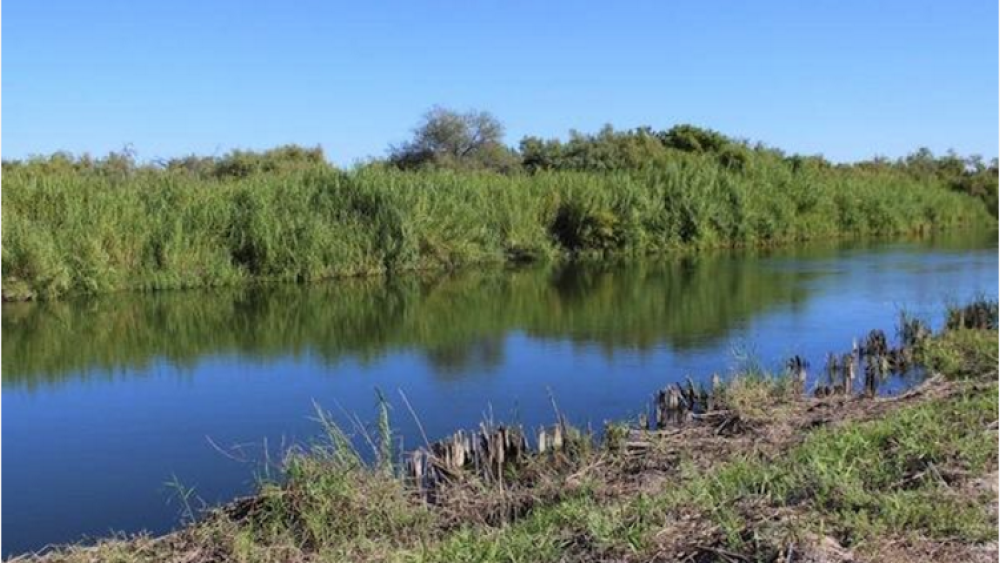
7 Tribal Programs That Protect Our Winged and Four-Legged Brothers
The news is full of sad stories about dying animals, species of all kinds being wiped out, and the random shooting of animals, among other depressing events. Amid all that it’s easy to forget that efforts aplenty are afoot to reverse the declines, save species, restore habitat and pull endangered…

Klamath Agreements Strengthen Tribal Sovereignty
From time immemorial, salmon, steelhead and other fish runs have sustained the Klamath, Modoc and Yahooskin Paiute members of the Klamath Tribes. It has been more than 100 years, however, since our tribal members have seen salmon and steelhead migrate home to the Upper Klamath Basin, or had an…
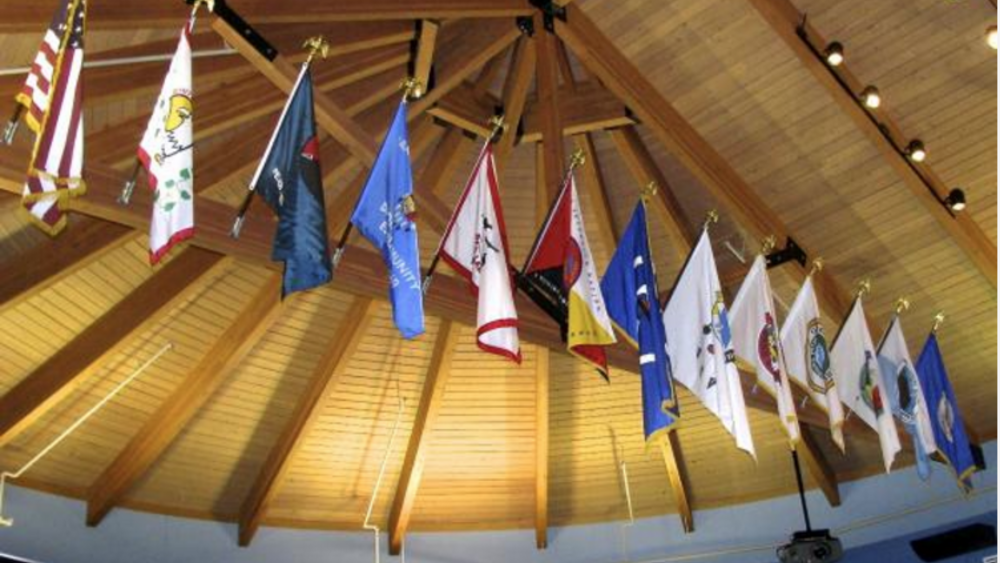
Red Lake Constitutional Reform Informational Meetings Held
The meeting at Bemidji was one leg of the second round of informational meetings conducted by the Red Lake Constitutional Reform Committee (CRC) in order to seek input and feedback from the membership regarding Constitutional Reform. Meetings are held in Duluth and the Twin Cites in addition to the…
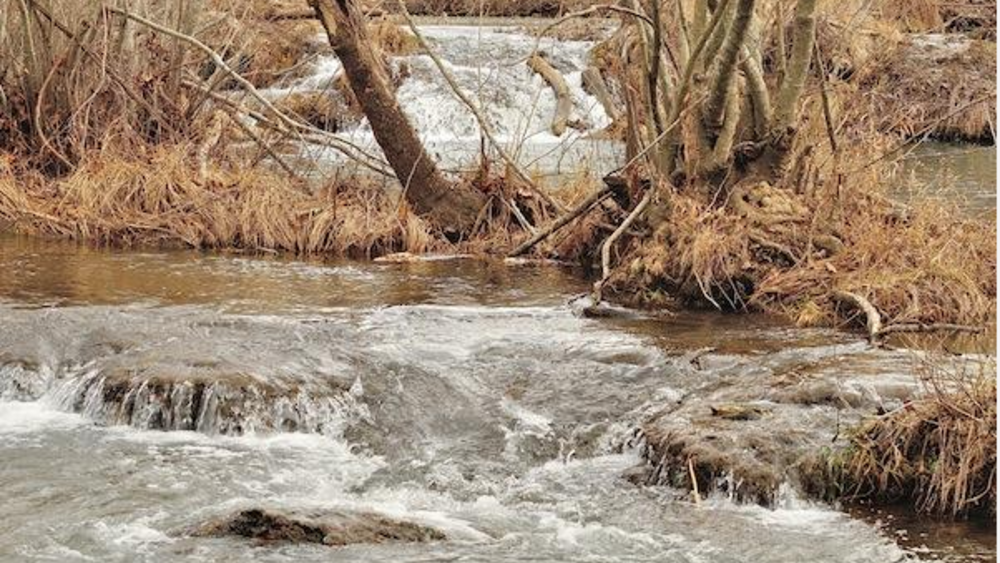
Chickasaw Fishery Saves Endangered Species While Sustaining Fishermen and Tourism
Nothing elevates the hope and heart rate of an angler more than hearing that first predawn “ZWIIINNGGG” of a casting reel as fishing line slices through the early morning air and the lure plops into the water. Whether it’s the first or last day of the season, fishermen hope that is a dinner bell…
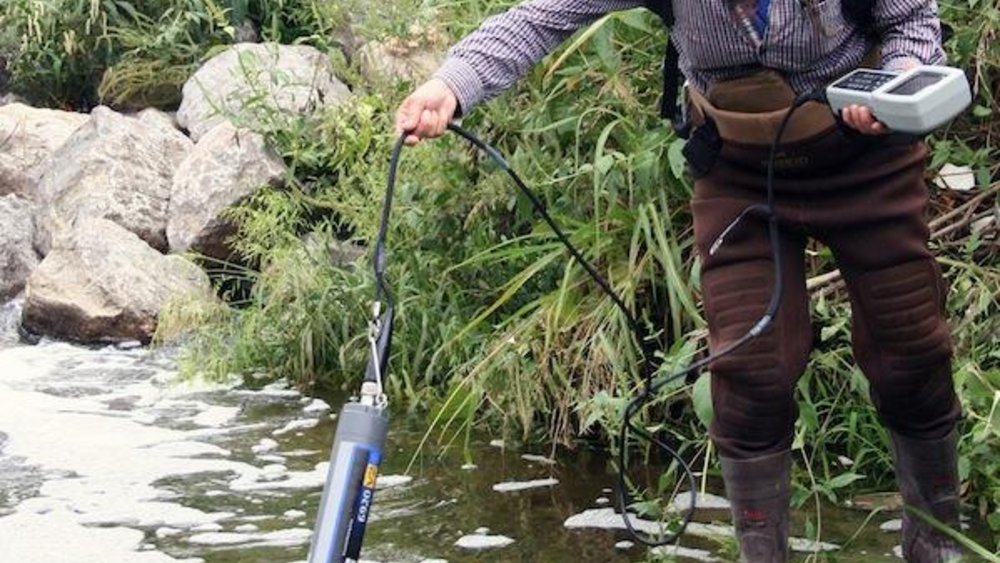
Citizen Stewards: Chickasaw Nation Technicians Monitor Water Quality
Regulations and laws about environmental quality abound, yet the Chickasaw Nation has little use for them. Its citizens do not need legislation to inform them that they are stewards of the land. It is, of course, an immutable fact of existence. And Chickasaw Nation Environmental Services…
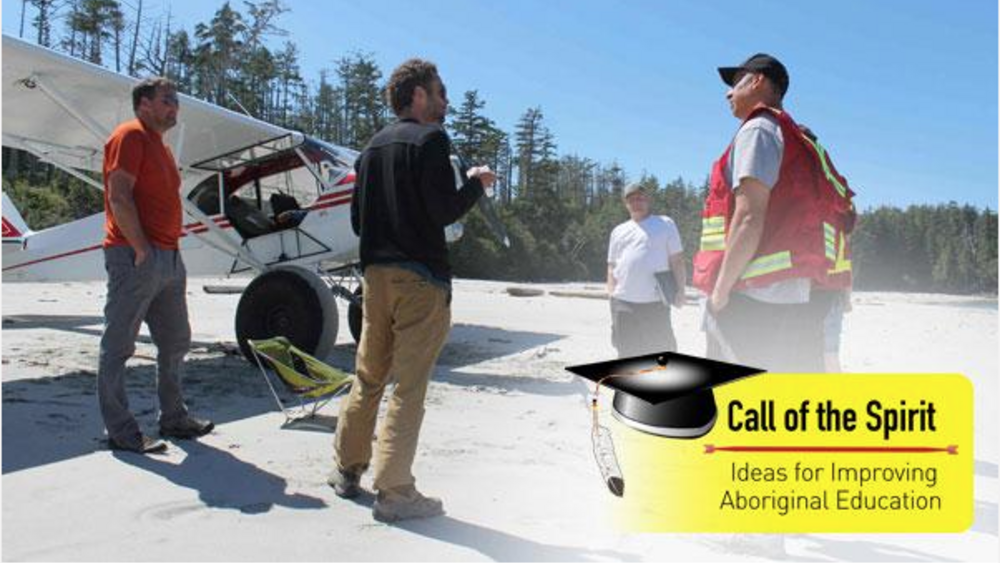
How First Nations Guardians Defend British Columbia's Fragile Coast
B.C.'s Central Coast houses the Great Bear Rainforest, the largest intact temperate rainforest left in the world. Attracting environmentalists, tourists, big game hunters, and natural resource developers from all over the globe, this fragile and much-coveted ecosystem has been home to First Nations…
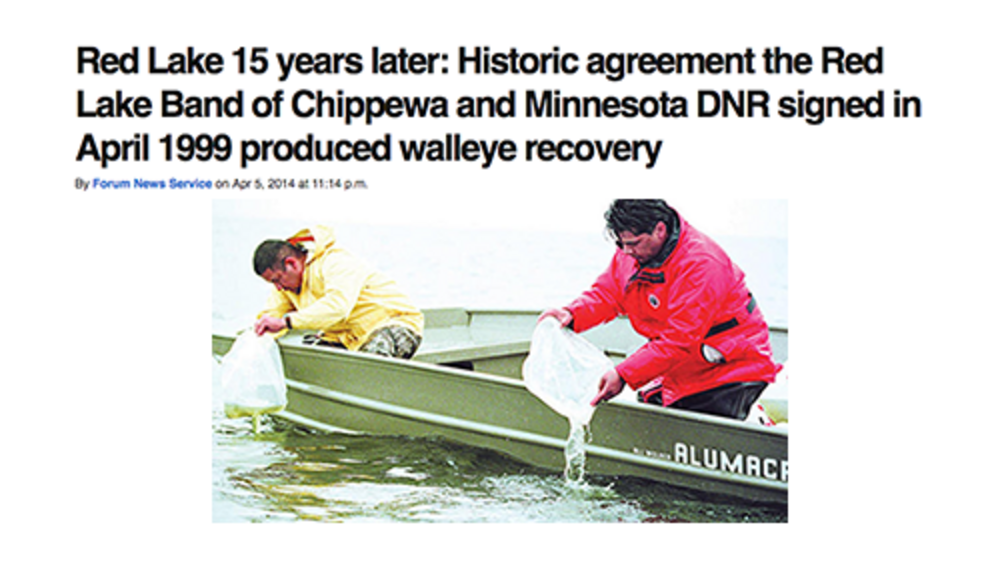
Red Lake 15 years later: Historic agreement the Red Lake Band of Chippewa and Minnesota DNR signed in April 1999 produced walleye recovery
As Al Pemberton recalls, it was about three years after the Red Lake Band of Chippewa and the Minnesota Department of Natural Resources signed an agreement to restore walleye populations in Upper and Lower Red lakes that he saw the true potential for the big lakes’ recovery. The agreement, which…
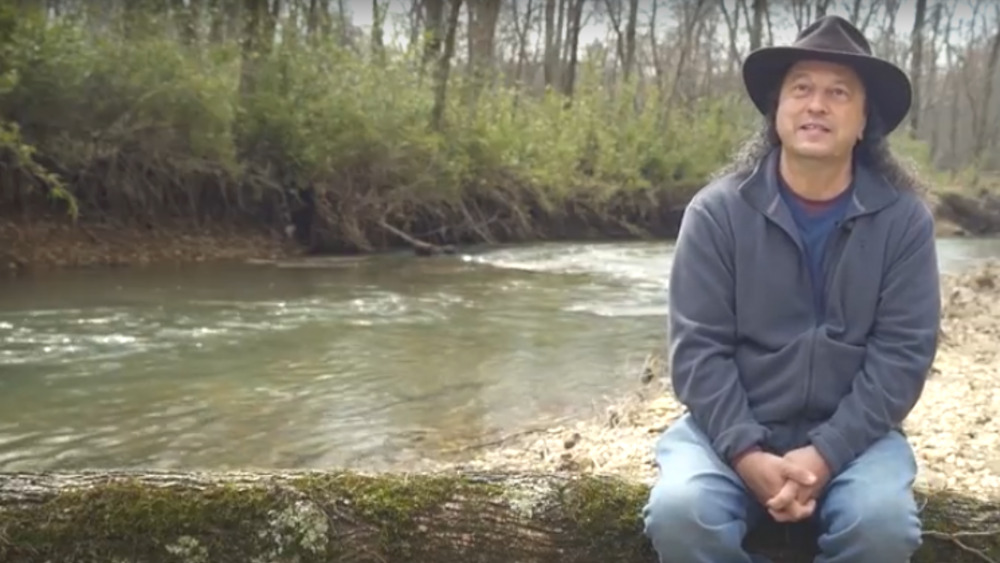
Saving River Cane - Cherokee
It’s an ancient plant that many tribes once relied on for survival. Now it’s survival is threatened. Watch what the Cherokee Nation is doing to keep river cane alive in Northeastern Oklahoma.
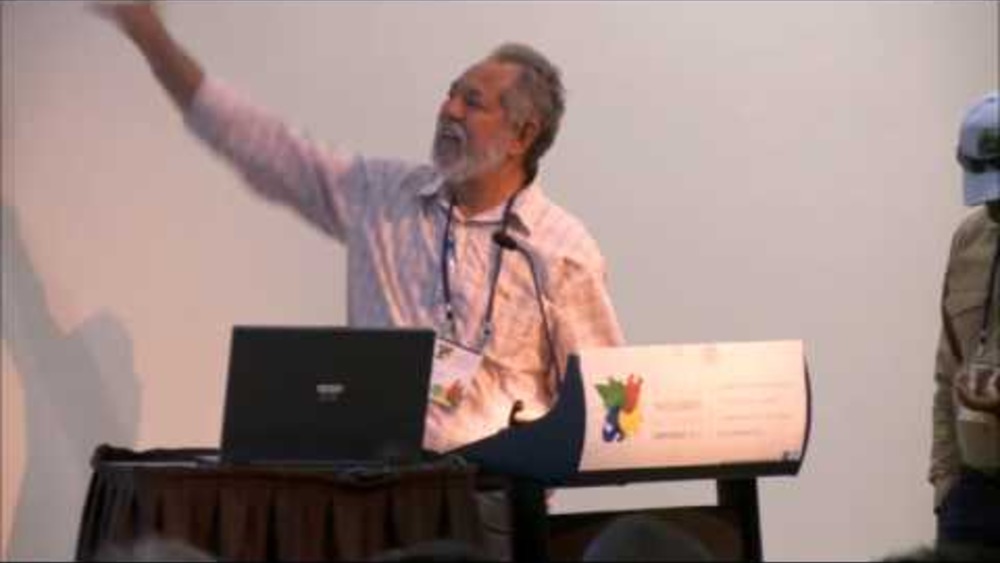
Capturing Traditional Ecological Knowledge in the Torres Strait
Protecting and preserving cultural and ecological knowledge for the future is essential. The Torres Strait Regional Authority has recently developed and piloted a traditional knowledge database working with members of the Boigu Prescribed Body Corporate and the Malu Ki'ai Rangers. The database…
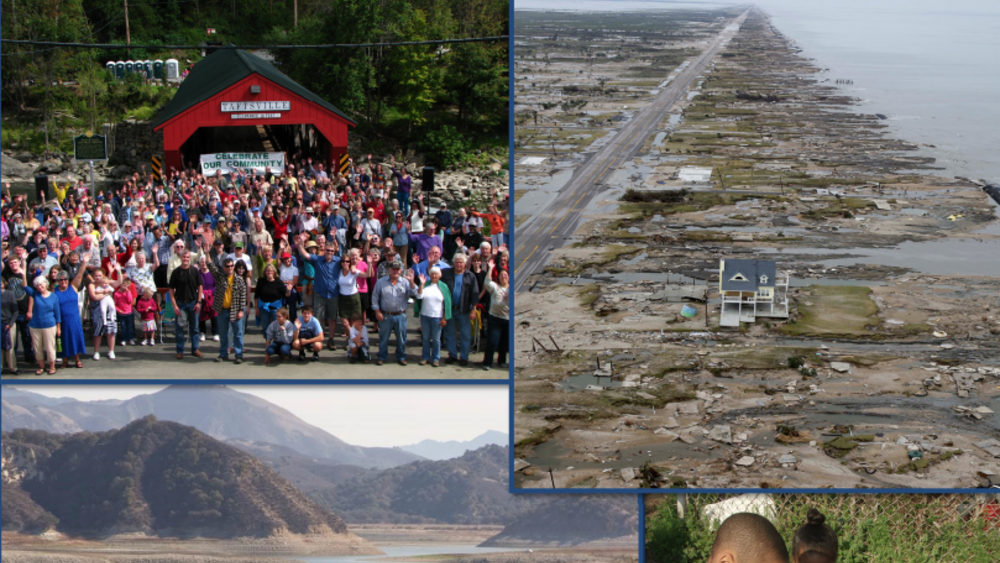
President's State, Local, and Tribal Leaders Task Force on Climate Preparedness and Resilience: Recommendations to the President
As the Third National Climate Assessment makes clear, climate change is already affecting communities in every region of the country as well as key sectors of the economy. Recent events like Hurricane Sandy in the Northeast, flooding throughout the Midwest, and severe drought in the West have…

On Improving Tribal-Corporate Relations In The Mining Sector: A White Paper on Strategies for Both Sides of the Table
Mining everywhere is inherently controversial. By its very nature, it poses hard economic, environmental, and social tradeoffs. Depending on the nature of the resource and its location, to greater or lesser degrees, the mining process necessarily disturbs environments, alters landscapes, and…
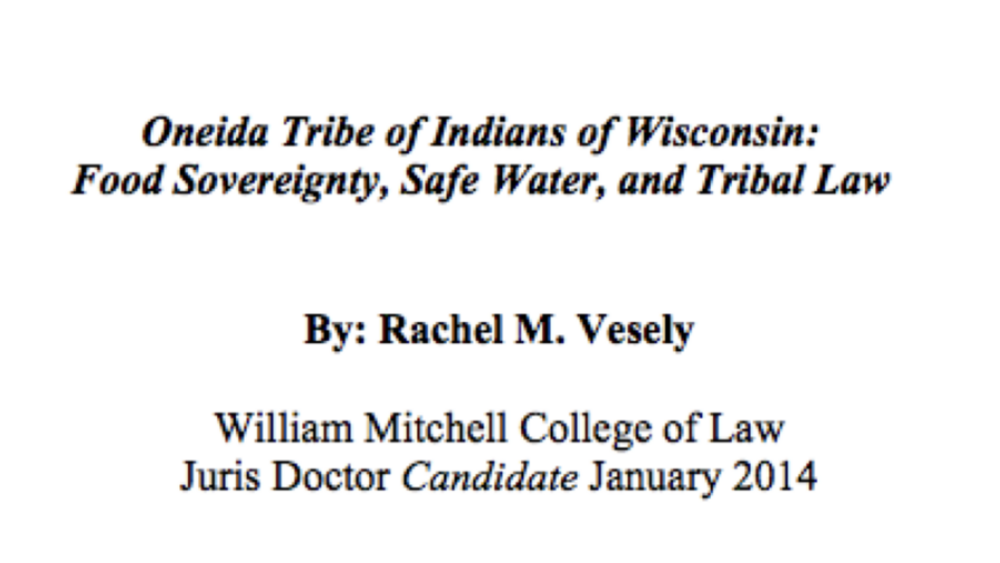
Oneida Tribe of Indians of Wisconsin: Food Sovereignty, Safe Water, and Tribal Law
An example of a Native American community working to achieve food sovereignty not only with physical nutrients but also with social elements is the Oneida Tribe of Indians of Wisconsin. This article analyzes the strengths of the Oneida Tribe's approach to preserving water quality and fishing…
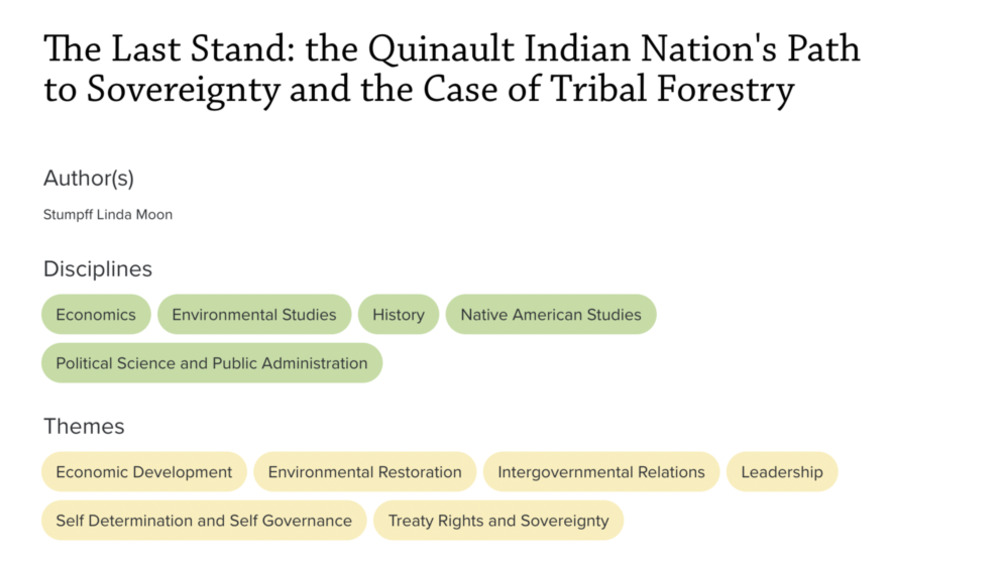
The Last Stand: the Quinault Indian Nation's Path to Sovereignty and the Case of Tribal Forestry
This case tells a story of forestry management policies on the Quinault Reservation. In the early years, the Office of Indian Affairs (OIA) and later the Bureau of Indian Affairs (BIA) acted like a landlord, allocating large timber sales to non-Indian timber companies. The Dawes Act fragmented the…
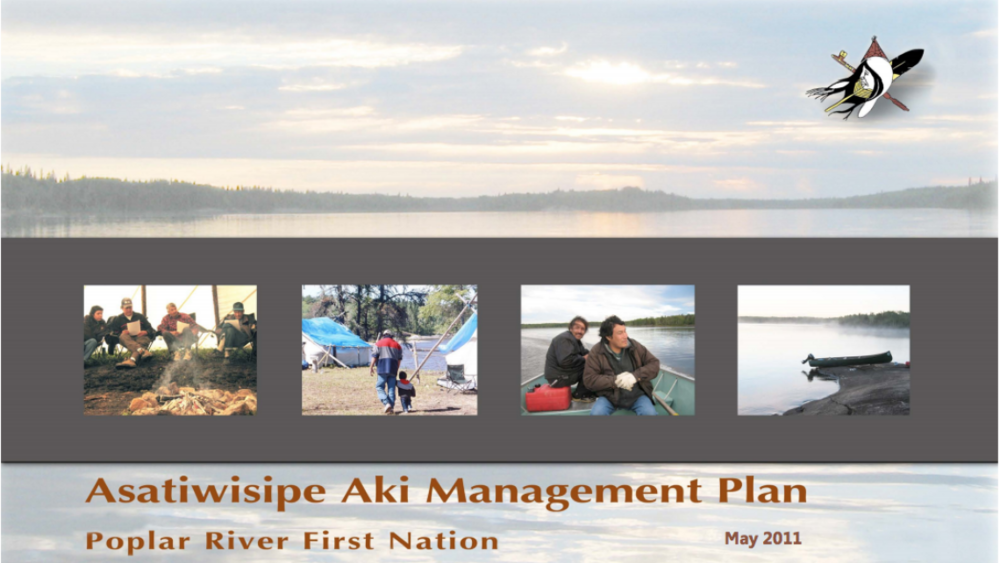
Asatiwisipe Aki Management Plan
The Asatiwisipe Aki Management Plan arises from several earlier initiatives by Poplar River First Nation. Poplar River has completed a variety of studies for the planning area, including traditional knowledge and community history interviews with Elders, traditional land use studies, archaeological…
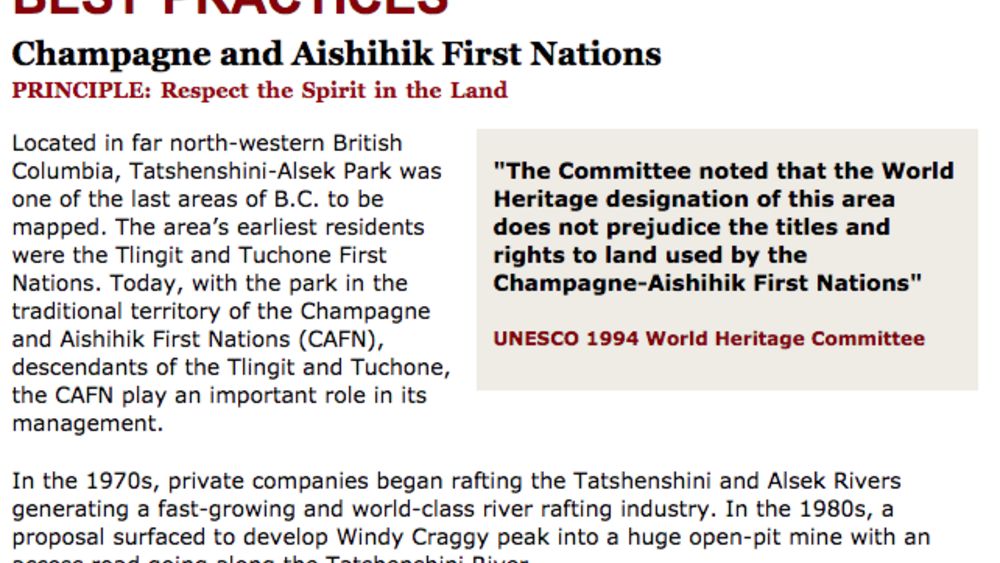
Best Practices Case Study (Respect the Spirit in the Land): Champagne and Aishihik First Nations
Located in far north-western British Columbia, Tatshenshini-Alsek Park was one of the last areas of B.C. to be mapped. The area's earliest residents were the Tlingit and Tuchone First Nations. Today, with the park in the traditional territory of the Champagne and Aishihik First Nations (CAFN),…
Pagination
- First page
- …
- 1
- 2
- …
